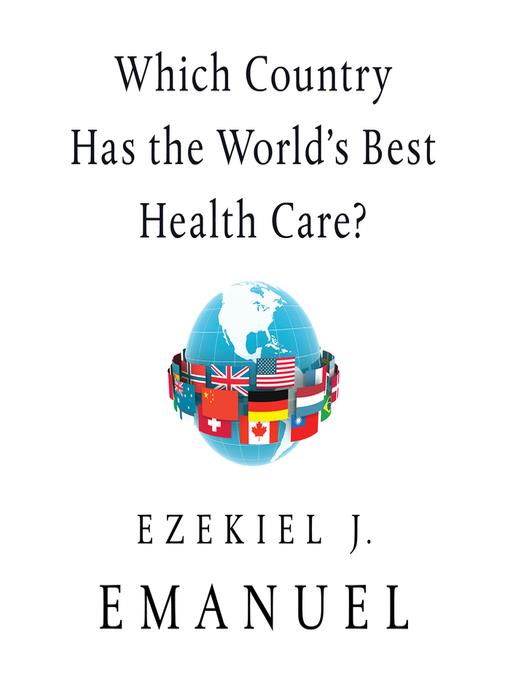
Which Country Has the World's Best Health Care?
کتاب های مرتبط
- اطلاعات
- نقد و بررسی
- دیدگاه کاربران
نقد و بررسی

May 1, 2020
A leading oncologist and medical ethicist turns a gimlet eye on the health care systems of the world's leading economies and finds most of them wanting. Where's the best place in the world to be sick? To judge by Emanuel's findings, if you have a condition that will allow you to live awhile, the U.S. isn't bad; it leads the world in medical innovations and finding cures or treatments for unusual ailments. By other measures, the U.S. ranks well down the list of the 11 systems he analyzes here: "It significantly underperforms on numerous dimensions," writes the author. China may be worse, in part because its system of health care is hospital-centric: "There are vanishingly few physician offices or other ambulatory centers to deliver care." Consequently, with the current COVID-19 crisis, Chinese people needing treatment flooded the country's hospitals and overwhelmed them. In many parts of that country, Emanuel writes, hospitals are few and far between, forcing patients to travel far from home for treatment. Canadians have it better except in the remoter reaches of the far north; Emanuel acknowledges that Canadian health care has its problems even while noting that conservative critics in the U.S. have vastly overestimated the problem of waiting times for treatment. Britain's system is worse but not terrible. The author offers numerous methods for improving systems around the world. Some may be unpalatable to libertarian advocates of privacy. For example, Taiwan was able to keep a lid, relatively speaking, on COVID-19, because medical data are centralized with passports and other key documents, so that it was easy to identify Taiwanese who had visited mainland China and test and, if necessary, quarantine them. Among Emanuel's recommendations are to provide universal coverage, simplify data flows and insurance programs, and regulate drug prices--which are sky-high in the U.S. Students of health economics and policymakers will find the doctor's diagnoses and prescriptions well worth considering.
COPYRIGHT(2020) Kirkus Reviews, ALL RIGHTS RESERVED.

June 1, 2020
Oncologist and bioethicist Emanuel has worked extensively in the fields of U.S. health care ethics and public policy. Here he collects, collates, and analyzes specific data to answer the popular question of who has the best health care. He acknowledges similar ranking exercises done by others, but notes that many have been unsuccessful and are now dated. Countries considered include the United States, UK, Taiwan, Switzerland, Canada, China, Norway, France, Germany, Netherlands, and Australia. Each country is evaluated by the history of its health care system, current coverage model, financing, payment processes, delivery of services, pharmaceutical coverage and price controls, human resources, and challenges. Yet arguably, there can be no overall best--each area of comparison is not consistently measured, and areas of priority are different in each country; better or worse, or rather best for whom, would be preferable. There are also six tips for improving the U.S. health care system, and a last-minute COVID-19 coda. VERDICT This unique, evidence-based book points to data that can be used as a starting point for more policy research and would be a solid purchase for public policy collections, as well as academic health and public libraries.--Elizabeth J. Eastwood, Los Alamos, NM
Copyright 2020 Library Journal, LLC Used with permission.

























دیدگاه کاربران